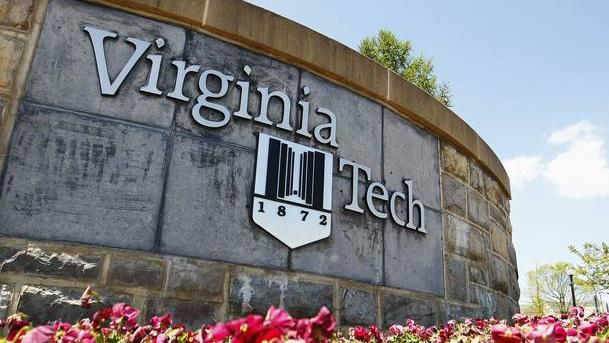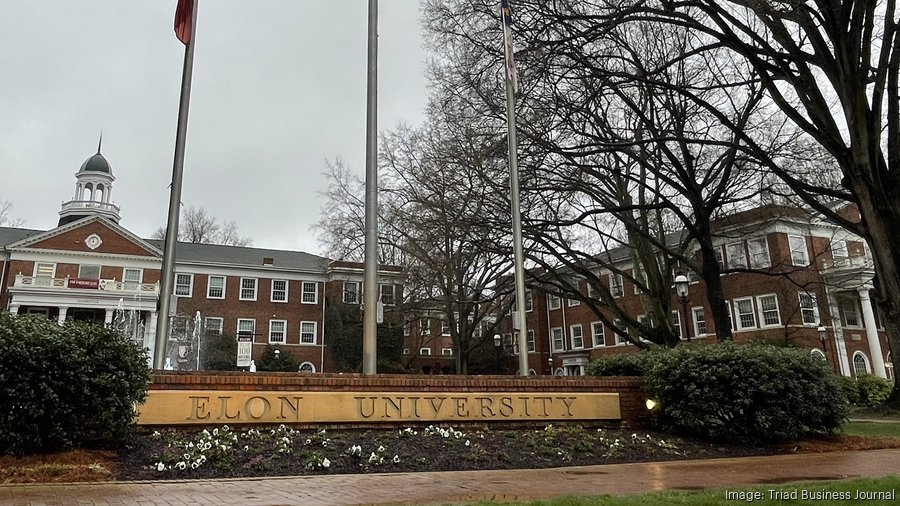When the Alamance-Burlington School System in North Carolina moved to remote learning in the 2020-21 academic year, Elon University’s leaders identified a pain point for its employees. How would they focus on their day jobs while helping their children navigate online classrooms?
The university sought out the local YMCA to run a program on campus for grade school students, staffed by Elon students and YMCA employees. Elon employees received a steep discount for their children to attend.
“It taught me personally a lesson — crisis creates creative solutions,” said Elon President Connie Ledoux Book. “I think we're only at the tipping point with remote working and how we manage employee work.”
Elon, like most employers, is in the process of evaluating the future of its workforce as millions of U.S. employees part ways with their jobs in the ongoing “Great Resignation.” Higher-ed is not immune to the employment trends, higher-ed experts said. In fact, retention and recruitment have become top concerns for university and college leaders, especially as other (often higher-paying) industries adopt more flexible remote and hybrid models.
"It's pretty high on my list," Book said. "The reason being is you're only as good as your workforce."
For an industry that’s been historically reluctant to change its way of doing things, the current workforce trends are pushing leaders to think outside of the box and consider letting some employees work remotely. Child-care programs, flexible work options and salary increases are all on the table as colleges navigate the turmoil in the workforce. D’Youville College in Buffalo, New York, for instance, earlier this month started a six-month trial period of a four-day workweek.
“Some presidents that we've spoken to have actually referred to it as one of the top items on their agenda — one of the things that keeps them awake at night,” said Kasia Lundy, managing director of strategy consultancy EY-Parthenon in Boston and leader of its education practice. “Safety is still a huge priority, but now two years later, the impact (Covid has) had on the workforce is rising to the top of presidential agendas.”
Virginia Tech is in the throes of figuring out which employees will work remotely long-term and who needs to be in person, said Bryan Garey, Virginia Tech’s vice president for human resources. The public university recruited five groups of employees to pilot remote- and hybrid-work environments while leaders and administrators work out the details of what supports are needed and address reluctance to remote work.

“I've been trying to convince many of my colleagues in leadership that we have to be open to options because we will never go back to the way we were before the pandemic,” Garey said
Elon is also experimenting with more flexible work options when most students are away for summer breaks. Likewise, Boston University said last June that “in a seismic shift,” certain staff members can work remotely up to two days per week.
“Traditionally, face-to-face contact between our faculty, students, and involved staff has been at the core of these activities,” BU said on its website. “However, the successful pivot by many to work remotely during the Covid-19 pandemic has demonstrated that some university staff work can be performed effectively from off campus.”
The higher-education sector has long offered a desirable workplace due to the unique, intellectual environment and perks such as opportunities to take classes, the chance to interact regularly with young people and even free tuition, Lundy said. Now, with remote work being more common across industries, higher salaries in the private sector may outweigh the in-person benefits that universities have come to be known for. The Bureau of Labor Statistics shows that head counts for the education sector are down about 115,500 employees from 2019 levels.
“That is creating really, really severe competition for talent on the higher ed side,” Lundy said.
Median turnover rates for exempt full-time campus staff in 2021 was 11.2% while turnover for non-exempt full-time staff was 16.1%, according to CUPA-HR. Meanwhile, real average salaries adjusted for inflation decreased by .4% in 2021 for the first time since the 2012 academic year, according to the American Association of University Professors 2021 faculty compensation survey.
Some higher-ed experts especially worry about the “Great Resignation’s” impact on women working on campuses, as research shows that women have reported higher burnout rates and have left the workplace in greater numbers than men.
“Much of this burden has fallen disproportionately on women faculty and staff,” said Marjorie Hass, president of the Council of Independent Colleges. “And we don't have a lot of on-ramps in higher education to come back to that work once you stepped away from that. ... And so I'm very worried that we're going to lose a generation of women in particular in higher education."
Ideally, institutions will bring workforce learnings to the classroom, Hass said. As educators of the next generation of employees, she said that colleges have an obligation to prepare students for the future of the workplace.
“Are we preparing students for hybrid models of work in the future?” Hass said. “How are we doing that? What needs to happen in terms of seeking work and being successful in building a career and a life when so much of work is in flux? This generation will be absolutely demanding that workplaces pay them better, create conditions that are respectful and supportive of the balance between a family life and a workplace life, and then offer them really meaningful opportunities to build careers.”





